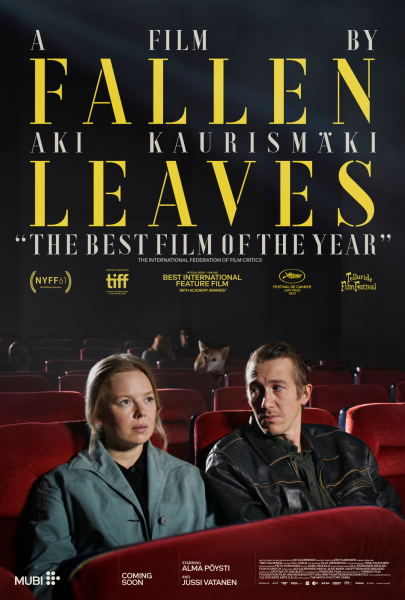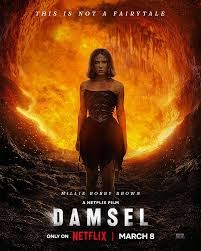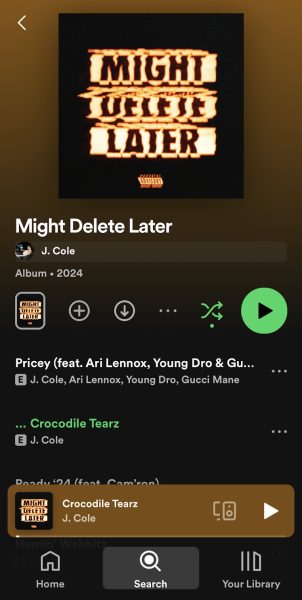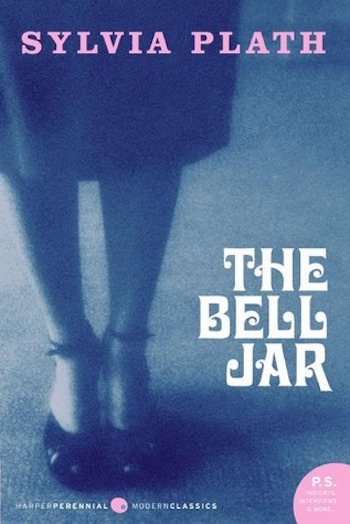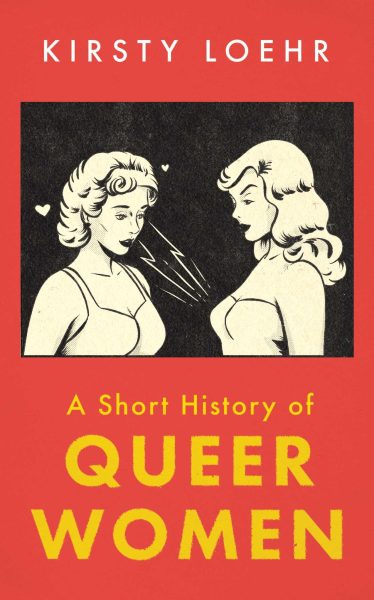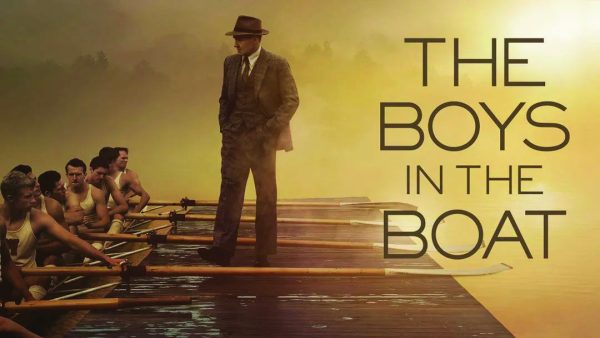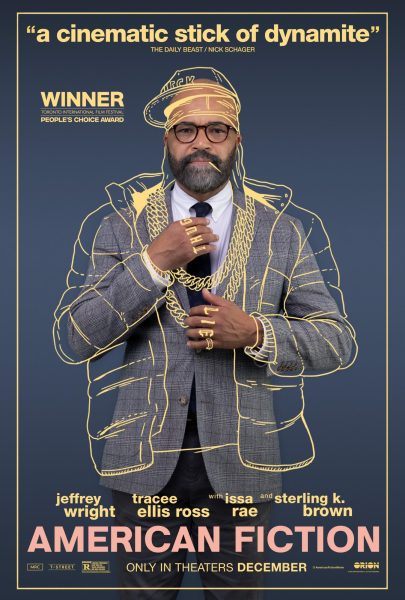Zack Villere Pulls It Together on ‘Cardboard City’
Ever since my freshman year, Zack Villere’s bedroom pop sound has been a constant in my life, which is why I was so excited to listen to his new album, ‘Cardboard City.’ I first discovered Villere one night while procrastinating on homework by scrolling through Youtube, stumbling upon the music video for his song “Cool.” The video now has roughly two and a half million views and was part of his 2017 debut album ‘Little World.’ After streaming the song a few times, I listened through the full album and found his lyricism and sound very enjoyable, specifically on songs like “Bloo” and “Next.”
An overarching theme in Villere’s music is a love for adolescence, which goes hand-in-hand with a fear of growing up. Expanding on that, Villere comes off as fearful and shy overall, especially on his single “Fear of Intimacy,” which was released after ‘Little World’ in 2017. This song also touches on his social anxiety and lack of confidence, which make it tough for him to get out of his shell and show real emotion. Adding to everything he’s put out before, ‘Cardboard City’ portrays not only his progression regarding anxiety and insecurity but also a more romantic side of himself.
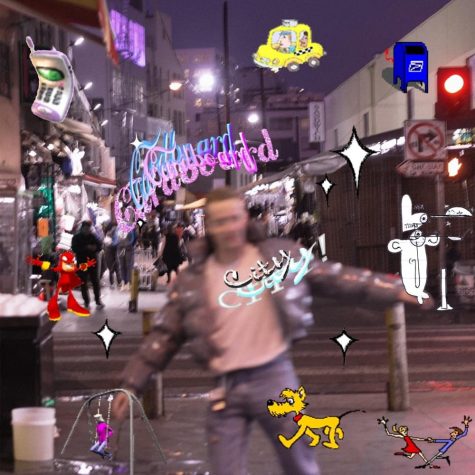
The album kicks off with “Superhero Strength,” a ballad about Villere’s first interaction with the girl of his dreams which consistently repeats the phrase “Know what you’re thinking.” On first listen, I was sort of disappointed with the track, but over time it grew on me, and the satisfying piano chord at the end of the song really pulled it all together and set the tone of what was to come well. My main problem with this song is that it feels a bit too drawn out and pouty. Villere often excels at using his voice to compliment his music’s instrumentals, but on this track, he sounds a bit too childish to be taken seriously. The title of this song kicks off the comic book motif which can be found throughout the album, and before Villere describes his interaction with the woman, he talks about the “superhero strength” which he feels in a dream, dropping early hints as to what emotions he’ll express on this album.
The next track on the album, “Grateful,” has some weak lyrics, and in a similar fashion to the song before it, feels a bit pouty. Despite its flaws, this song continues the romantic feeling introduced on “Superhero Strength” and puts a twist on it while discussing the passing of time’s effect on relationships. Another problem I have with this song is that it feels a bit too long.
“My Hero!!!” is the first and only skit on this album, and describes an interaction between a young boy (presumably Villere), a mugger, and a bystander who steps in to help out. The sound uses audio samples to make the bystander come off as a sort of superhero, hence the name.
After the brief interlude that came before it, “Hair Cut” throws listeners back into Villere’s love life. Seemingly about the same girl who Villere talks about on “Grateful” due to its title’s reference to the first line of the aforementioned song, “Hair Cut” continues on with the idea of time and a progression towards adulthood, as Villere discusses a change from flip phone to iPhone along with a development from friendship to love. The song starts off with a pre-chorus based around the line “Do I still cross your mind?” which not only shows he misses his past relationships but his past as a whole.
At this point in the album, Villere’s vocal skills are back in full form, just in time for “Sore Throat.” Released as the first single off of ‘Cardboard City,’ “Sore Throat” comes off as a bit more minimalistic than the rest of the album, and Villere’s voice feels raw and emotional as he sings moving lines like “I want you to hold me close” and “Am I falling in love or just falling apart.”
My personal favorite, “Knockout” is a great example of Villere’s skills as a musician and lyricist. Metaphorical for love’s effect on the stressors in his life, Villere uses his lyrical prowess to perfectly depict a comic book-esque showdown between two boxers. The song opens with the same distorted guitar which can be heard in “Sore Throat,” and continues to build to a very satisfying climax during which the fighter representing Villere “Can’t help the wandering eye” and finds love in the form of a girl in the crowd. Distracted by the girl, VIllere’s fighter loses to the fighter representing his stressors, but a lighthearted piano melody crescendos as the crowd cheers, showing how the girl has taken all of his worries away.
Doing a full 180 from the previous song, “Projecting” kicks off with the brutally honest line “I think I hate myself.” Arguably the saddest song off of ‘Cardboard City,’ “Projecting” describes Villere’s struggles with insecurity in just ten short lines. In this song, Villere attempts to outrun his insecurities, and in the process gives up and cries, admitting that he’ll “Never be comfortable” as his instrumental backing swells to an overpowering level, representing the problems which come upon him from time to time. This song feels very out of place in the track list, as its stuck between two of the lightest tracks on the album, but it’s short and not-so-sweet nature gives it a lasting impact on the listener.
After the depressing intrusion that is “Projecting,” Zack Villere returned to his lighter sound on “A Feeling.” Again discussing his insecurities, Villere recognizes and deals with his feelings on this song to come to the conclusion that not only can he power through them, but that his relationship is worth it, so there’s no need to worry about missing his significant other. I really like this song’s dreamy feeling, and Villere’s voice, despite coming off as a bit too nasally, has greatly improved since the beginning of the album. Along with that, the beat continues to drive you forward, which negates the dragged out feeling caused by the long outro.
“No Country” is the first song which has a feature and earns its keep. J’von has featured on a Villere song once before, “Minivan” off of ‘Little World,’ and the two work very well together. J’von’s fast flow is a welcome change near the halfway point of the album, and his imagery helps this track work well. Similar to “Knockout,” “No Country” is one of the most cartoony songs on the album, as it occurs in an imaginary saloon , and the track’s sole reference to reality is to Spongebob Squarepants episode, showing Villere and J’von’s continued youthfulness and fear of growing up.
“Redline” is the most underwhelming track off of ‘Cardboard City,’ and has a similar light sound to “A Feeling.” It has a similar sound to “Bloo” as well, and Villere’s extensive reference to past events on this song continuously show Villere’s preference to look into the past rather than the future.
The shortest song on the album, “Reprise” takes lines from “Sore Throat” and turns them on their heads. With a much more hopeful feeling, this track shows the other side of Zack Villere, and helps listeners get a snippet of what Villere sounds like at his happiest. The way this track uses and changes ideas from “Sore Throat” helps it juxtapose the earlier track in original ways.
The twelfth song on the album, “Rope Swing” is the second and last track on ‘Cardboard City’ with a feature, which comes in the form of lines from another ‘Little World’ veteran, Dijon. Popularized off of his song “Violence,” Dijon has grown to moderate fame, with roughly 1.1 million listeners on Spotify, and like J’von, he works well with Villere. Upon first listen, “Rope Swing” comes off as simply about Villere’s fears regarding his childhood haunt (which he also references in “Exposition”), but upon further listening, Villere’s lyrics use the rope swing as a metaphor for all the risks he never took. The slight drift toward a more acoustic sound as Dijon enters the track works well to address and bring in some of the feature musician’s back catalogue, specifically “Cannonball” and “Nico’s Red Truck.”
In my opinion, “Tunnel” should be the final track of Villere’s album, as it touches on the subject matter of the songs before it, and culminates in a hopeful manner. It’s title references the idea that there is light at the end of the tunnel, which makes the repetition of the words “It’ll be alright in the end” even more on the nose. The piano outro, a common theme throughout Villere’s second album, ends in a powerful way, perfect for an ending, but the song that follows, “Snoopy,” ruins that. Yes, “Snoopy” continues on with the hopeful sound created by “Tunnel,” but it does so in a disappointing manner, and feels sort of tacked on.
Overall, despite struggles at its beginning and end, Zack Villere’s ‘Cardboard City’ elaborates on the ideas he’s discussed on past projects in a pleasing way, and shows that his skills as a musician and a lyricist have stayed consistent and are likely to continue to do so. Considering Villere’s vocal struggles at the beginning of the album, tacked on feeling of “Snoopy,” and dragged out feeling of a few songs, ‘Cardboard City’ goes down in my books as a 7.

My name’s Luke, I’m editor of the Lance this year, and I’m super excited to be a part of such a great program! I'm a senior at Hellgate, and this...

